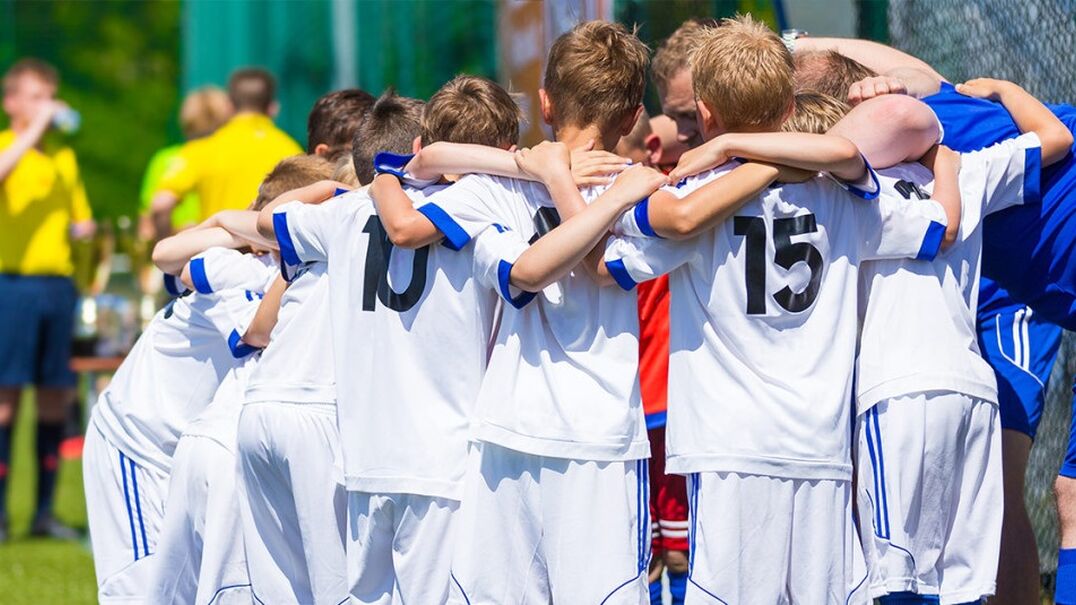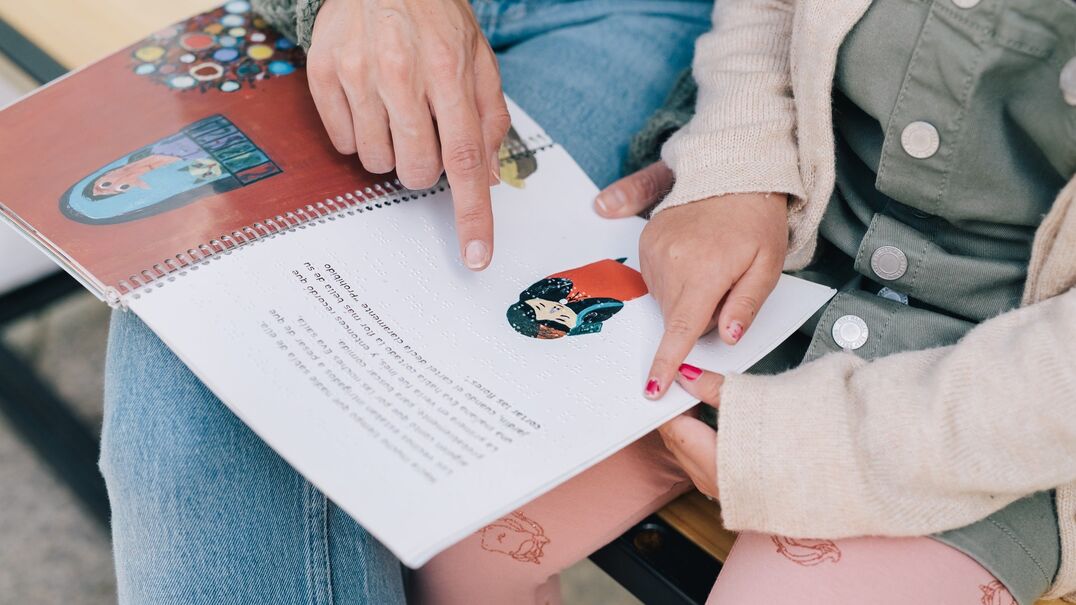Berry Street’s Take Two service has been internationally recognised for its contribution to academic literature about developmental trauma and our clinical use of the Neurosequential Model of Therapeutics (NMT).

Berry Street’s Take Two Director, Dr Allison Cox, has contributed to a chapter in the newly-published book Approaches to Psychic Trauma: Theory and Practice, edited by Bernd Huppertz, MD.
The book has received outstanding reviews, including one from CHOICE in the United States who declared it ‘essential reading’ for graduate students, researchers, and professionals. Achieving the status of ‘essential reading’ from CHOICE is a rarely-awarded honour.
CHOICE’s review highlighted the Take Two chapter about our use of NMT as being particularly useful.
The chapter on NMT is an especially valuable one as hospitals, clinics, schools, and communities are increasingly recognizing (sic) the importance of considering the role that traumatic and abusive environments play in child development… it is a necessary addition to collections serving clinical programs and current practitioners.
The chapter is called The Treatment of Trauma: The Neurosequential Model and “Take Two” and was written by Dr Cox together with Take Two’s previous Director (and current Gippsland Regional Director), Associate Professor Annette Jackson with Professor Margarita Frederico who represents La Trobe University in the Take Two consortium partnership, as well as PhD candidate Carlina Black who previously led Take Two’s Research Team before being awarded the Berry Street Take Two Robin Clark postgraduate scholarship.
The chapter explores the developmental impacts of trauma and deprivation, recognising that they can have lasting negative consequences for infants, children and young people. It looks at how therapeutic approaches, together with other rewarding experiences, can help children in their recovery and create lasting positive changes.
The power of culture is also explored: this helps explain the impact of separating children from their culture, and the healing power of cultural connection. It discusses how we can use that cultural connection to reduce the overrepresentation of Aboriginal children in child protection services.
It also demonstrates how Take Two uses the Child Trauma Academy’s NMT methodology to determine which therapeutic interventions might help individual clients.
Berry Street’s Take Two program is the only accredited NMT flagship site outside of the US and Canada. You can order the book, or for more information or training enquiries, please contact Take Two.



